
Eric Liddell—the work goes on
[caption id="Timeline_img1" align="aligncenter" width="1024"]
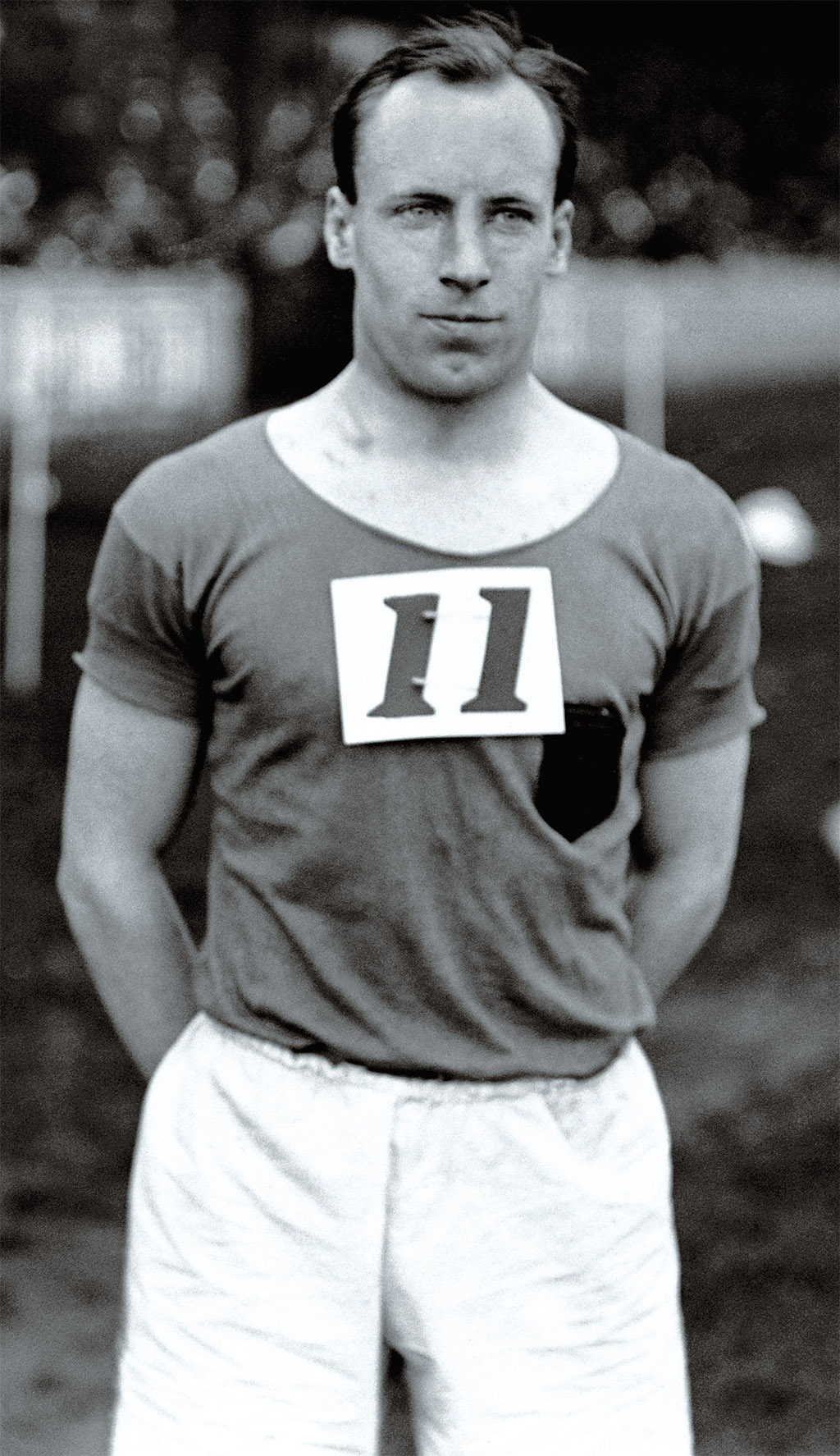
HULTON-DEUTSCH COLLECTION/CORBIS
IF A MAN LEAVES NOTHING tangible behind when he dies, how can his work be expected to outlast him? Eric Liddell, Olympic athlete and missionary to China, did it by doing his best work in the hearts of the people he met.
Liddell’s fame was made on the sports field. His Olympic endeavors were brilliantly portrayed in the film Chariots of Fire. He had been expected by almost everyone to win the 100-meter in Paris in 1924, but when he learned that the qualifying heats were on the Sabbath he declined to enter that race.
“He would have wanted to win,” Liddell’s daughter Patricia Russell opined during a recent visit to Edinburgh, “but not at any cost. If he had run on Sunday, he wouldn’t have won. I don’t think so, because something would have been gone from his spirit. He’d have broken something that was important to him.” Instead, he trained and qualified for another race that was not scheduled on a Sunday—the 400-meter. He ended up taking the gold medal in that event and setting a new world record.
Liddell’s life work, however, was done later in northern China, where he and his young family spread the gospel and went wherever the London Missionary Society felt they would be of most use. Years of hardship and reliance on God were nothing to Liddell compared to what he saw as the better works others had done or were doing. His father had been there before him and, though he couldn’t have foreseen it, his daughter would follow him in missionary service.
A hard life took a turn for the worse in the buildup to World War II. Japan was already at war with China; at one time the land Liddell loved was being fought over by no less than four different armies. The time came when he felt it necessary to send his wife and children to live with family in Canada, but, as Russell remembers, “He couldn’t bring himself to leave his flock.” So, he stayed. As his daughter explained: “We would have been safe. There were others who weren’t.” His young wife thought they might be apart for a year or two. She never saw him again. Eric Liddell died at the age of 43 in a Japanese internment camp. His family received the bad news on V-E Day, while the Western world celebrated.
[caption id="Timeline_img2" align="aligncenter" width="1024"]
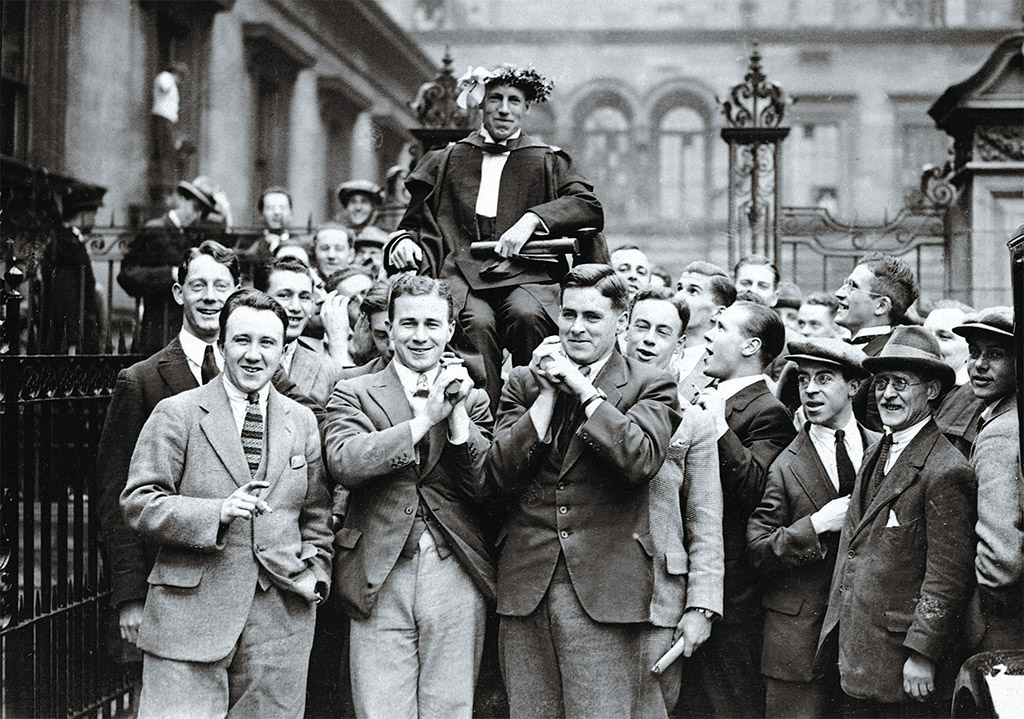
Hulton Deutsch Collection/Corbis
As a student, Liddell had attended Morningside Congregational Church in Edinburgh, and it was there that 1,000 people gathered for a memorial service after he died. Love for one of its noblest sons has never faded in Scotland. When Morningside Congregational Church fell empty, worshippers at the other three churches on Edinburgh’s “Holy Corner” decided in the late 1970s to immortalize his memory in the creation of a facility at the church that would carry on his lifelong tradition of love through service, the Eric Liddell Centre (ELC).
[caption id="Timeline_img3" align="aligncenter" width="904"]
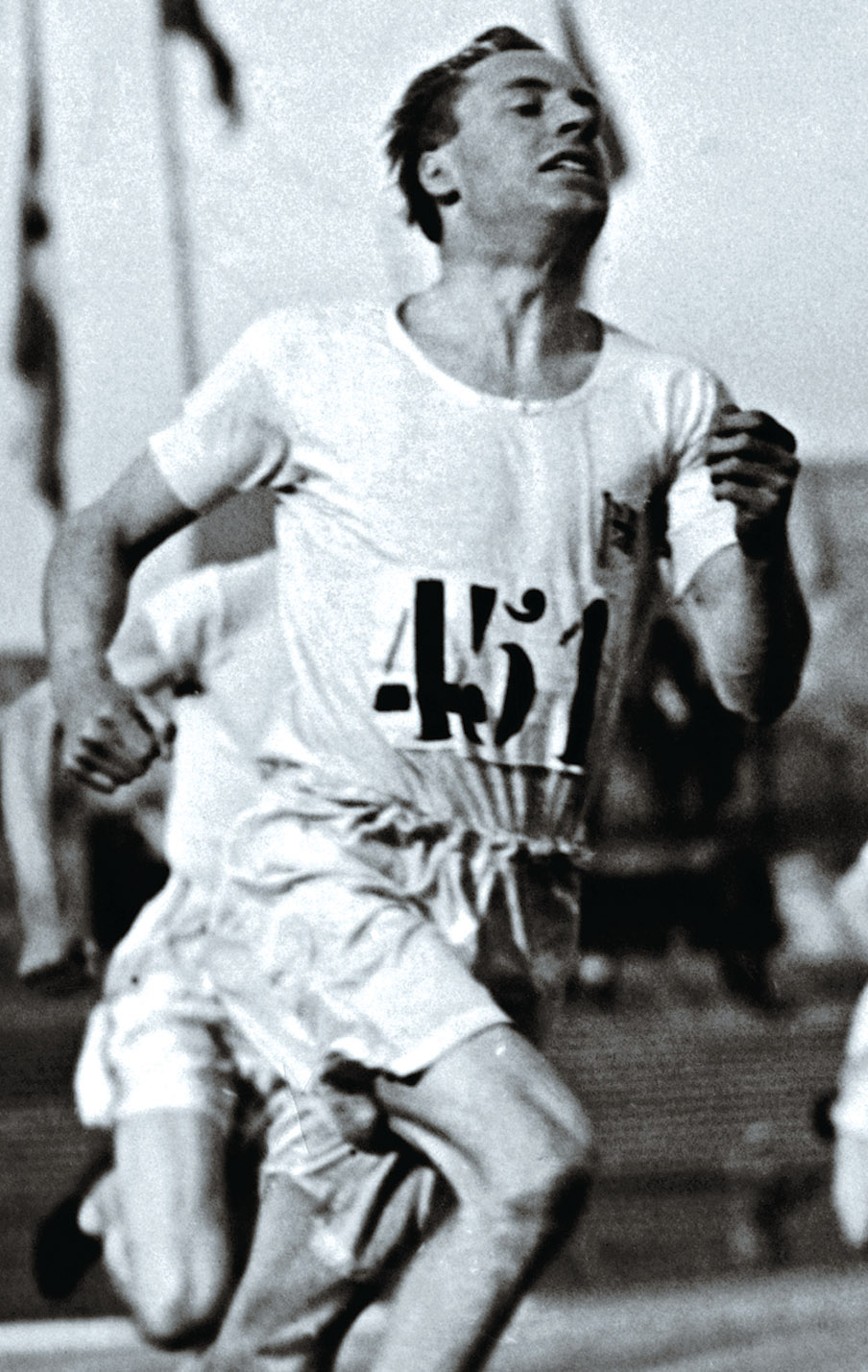
Underwood & Underwood/Corbis
In the 1990s, architect Nicholas Groves-Raines built a completely new glass and iron structure inside the church’s old walls—saving the spectacular stained glass windows by John Duncan and William Wilson—since the church’s outside appearance could not be altered due to its “listed” status. The conversion includes offices and meeting rooms in the middle and open walkways around the outside, giving spectacular views of the stained glass windows.
The architecture, however, is the least important part of the Eric Liddell Centre. Chief executive officer Bob Rendall has no hesitation in saying, “It’s the love in the work that matters.” Much of that love comes from the volunteers, without whom the center could not function.
As well as providing space for another nine charity organizations, the ELC runs several projects of its own. The “Ca(I)re” Project reaches out to some of the 48,000 folk in Edinburgh who act as unofficial caregivers for their family members. The unusual spelling of the name comes, Rendall explains, from their emphasis on the individual, putting the “I” into caring. The project offers training and educational courses for caregivers, special career days, social events and counseling and advice for when the stresses and strain build up. The Ca(I)re Project lets caregivers know they are not alone.
The center also specializes in helping people affected by dementia. Professional staff and dedicated, trained volunteers run the ELC’s day care program in a suite designed with the needs of dementia sufferers in mind. Eric Liddell would have been delighted to see his work come full circle.
Russell, eldest of the Liddell children, has no doubt her father would have been proud: “I just think it’s a wonderful memorial. My father would be pleased, I’m sure, and my mother. They would be flabbergasted, too. My mother used to say to me, ‘Your father always said other people did so much more than he did. The missionaries that went to Africa, for Heaven’s sake, they only had two or three years to survive!’”
There had long been talk of displaying family photos of the great man. The photographs were hung recently in the 1924 Café with family members, press and television crew in attendance. Now there’s a permanent gallery of photos of Eric Liddell, the son, the bridegroom, the gold medal winner, the father and “perfect, gentle knight,” on display on Morningside Road, the center’s location in Edinburgh.
It is 80 years now since Eric Liddell ran his way into Olympic history, 60 years since he crossed his last finish line and ran to his greatest reward. Today the Eric Liddell Centre helps many people on a daily basis. On its wall, the ELC expands its acronym to express its mission: “Extending Local Care&nadsh;Expressing Loving Christianity–Encouraging Lifelong Commitment.” It sums up perfectly the man and the place.
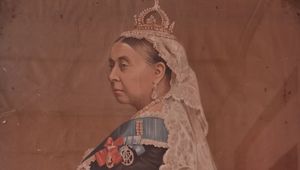
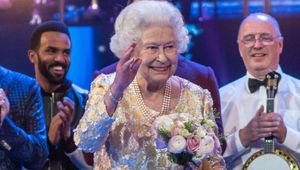
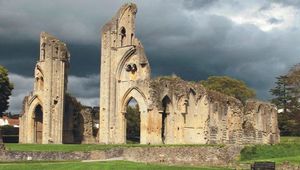
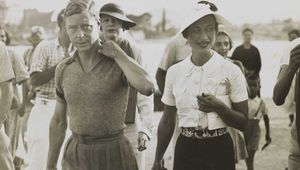
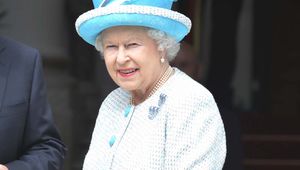
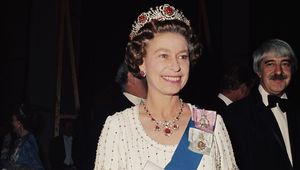

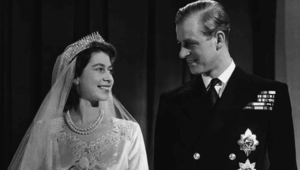

Comments